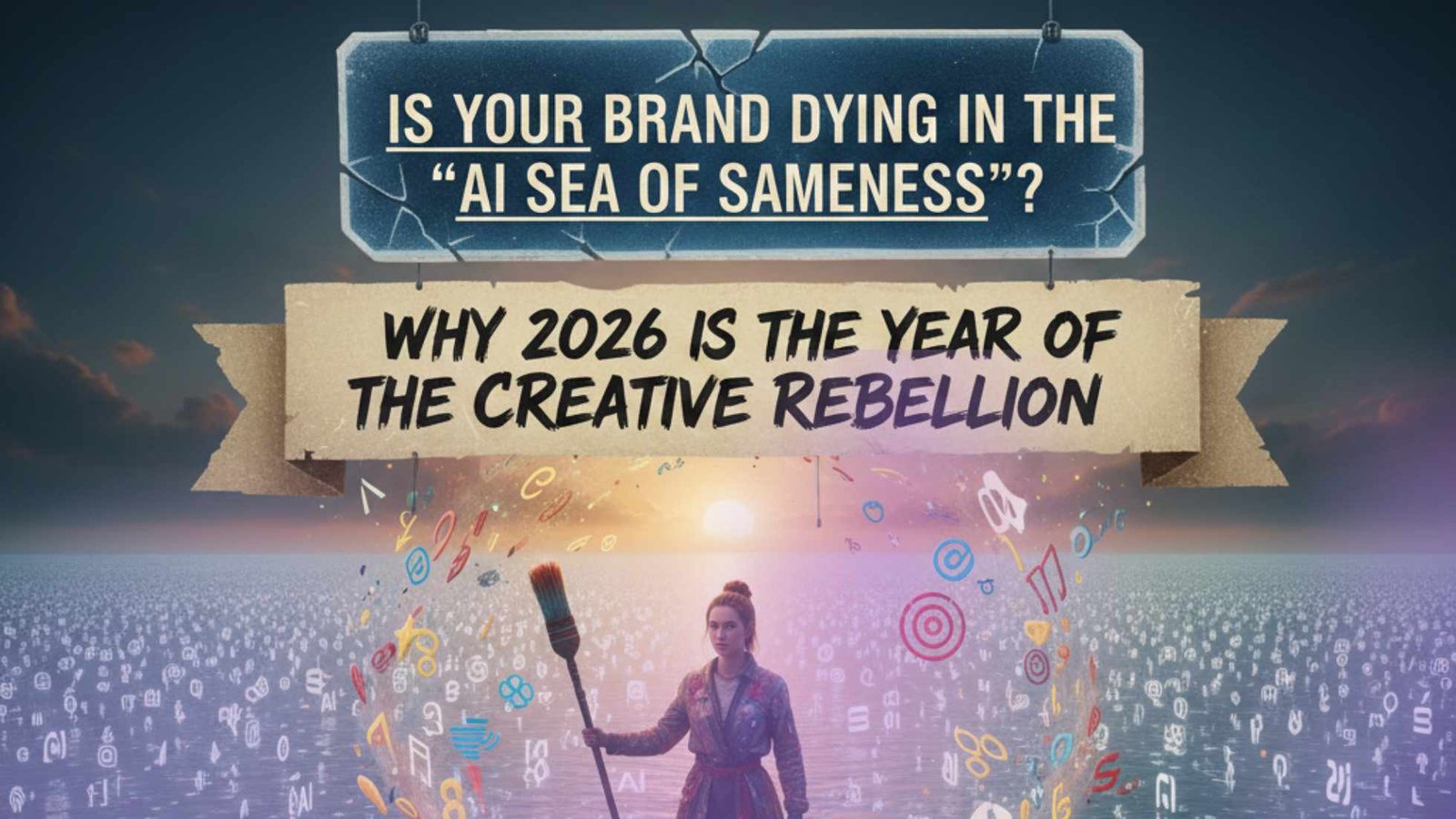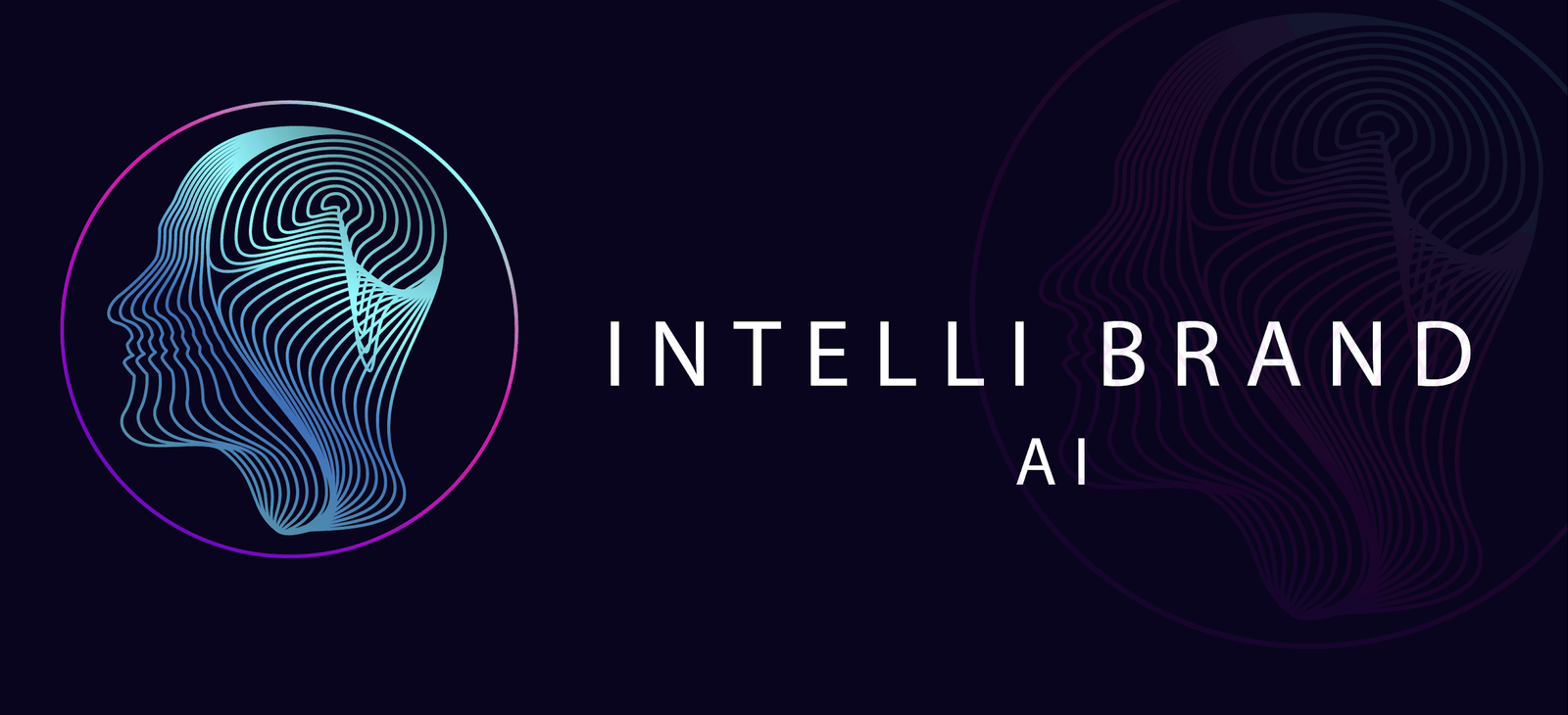Artificial intelligence (AI) has emerged as a transformative force reshaping how businesses operate across industries. AI systems now perform tasks once requiring human intelligence—understanding natural language, recognizing patterns, and making complex decisions. This represents not merely a technological trend but a fundamental paradigm shift with profound implications for healthcare, finance, and customer service.
AI's significance stems from its capacity to enhance efficiency and decision-making quality. By automating repetitive tasks, organizations allocate resources more strategically while focusing on innovation. AI-powered data analysis transforms vast datasets into actionable insights, enabling businesses to identify trends and predict future behaviors with unprecedented accuracy.
In workforce dynamics, AI is redefining professional roles across numerous sectors. Intelligent systems augment human capabilities, transforming traditional job descriptions and creating demand for new skill sets. This evolution presents both opportunities and challenges, particularly regarding gender diversity in technology. As AI advances, addressing women's representation in tech becomes essential to ensure the equitable distribution of benefits across all genders.

AI's influence extends beyond technological advancement—understanding its implications for gender diversity is crucial as we work to create inclusive environments that empower women in technology and value their contributions to the expanding field of artificial intelligence.
Table of Contents
ToggleCurrent State of Women in Technology in Canada
Canada's technology sector continues to grapple with a persistent gender gap manifested in representation, salary disparities, and workplace challenges. Recent studies show women hold approximately 25% of technology jobs—a striking underrepresentation in a field driving innovation and progress. This imbalance is particularly pronounced in specialized areas like software development, cybersecurity, and data science, where male professionals predominate.
The disparity extends beyond numerical representation to compensation inequity. Women in tech positions earn roughly 87 cents for every dollar their male counterparts receive. This pay gap significantly impacts career advancement opportunities and job satisfaction among female technology professionals.
Women in technology face unique challenges that hinder advancement in this male-dominated field. These include limited mentorship opportunities, gender bias in hiring and promotion processes, and workplace cultures that inadequately support diversity and inclusion. Many women report feeling isolated or undervalued, contributing to higher attrition rates within the technology workforce.
As Canada expands its technological capabilities, addressing women's status in technology becomes crucial for fostering inclusive environments. Initiatives focused on increasing women's participation in technology roles, promoting mentorship, and advocating for equal pay represent essential steps toward closing the gender gap. Implementing effective strategies and policies can empower women in technology and create a more balanced, diverse workforce.

The Role of AI in Closing the Gender Gap
Artificial Intelligence offers innovative solutions to address the technology gender gap by promoting workplace inclusivity. AI-driven initiatives create environments where women actively participate and thrive in the tech sector. In recruitment, AI tools mitigate biases during hiring by using algorithms that evaluate candidates based solely on qualifications rather than demographics. This equitable approach increases opportunities for female candidates to be shortlisted and hired.
AI enhances mentorship programs tailored for women pursuing technology careers. AI-powered platforms match mentees with mentors whose expertise aligns with their professional goals, creating meaningful connections and support networks for women navigating career paths in male-dominated fields. This personalized approach nurtures a stronger female presence in tech, contributing to workforce diversity.
Community-building platforms powered by AI facilitate networking and resource-sharing among women in technology. These platforms foster belonging and community, encouraging collaboration and knowledge exchange. Through these supportive networks, women navigate the tech landscape more effectively and pursue advancement opportunities with confidence.
Through strategic implementation of AI tools, organizations significantly advance efforts to diminish the technology gender gap, creating workplaces where women contribute to and drive technological innovation.
Highlighting Canadian Women Leaders in AI
Canada has established itself as a pivotal hub for artificial intelligence research and development, largely due to the remarkable contributions of women leaders in the field. These pioneers have advanced technological frontiers while inspiring the next generation of female technologists. Dr. Foteini Agrafioti, a deep learning researcher and Chief Scientist at the Vector Institute, stands out for her significant contributions to machine learning applications across various sectors.

While Dr. Yoshua Bengio, Turing Award recipient and AI pioneer, is male, his mentorship of women in AI and support for gender inclusion initiatives demonstrates the importance of fostering inclusive leadership that influences both policy and research directions in artificial intelligence.
Dr. Raquel Urtasun, who leads the AI Research Group at the University of Toronto and co-founded the self-driving company Waabi, exemplifies female leadership in technology. Her commitment to advancing transportation AI technologies creates safer automated solutions, while her mentorship of emerging engineers demonstrates the powerful impact women can have in shaping technological futures.
These leaders, alongside many others in Canada's AI landscape, contribute to a diverse and dynamic workforce. Their achievements highlight the potential of female leadership in technology and motivate aspiring women in the field. Amplifying their voices and recognizing their contributions fosters a more equitable tech community where innovation flourishes.
Challenges Faced by Women in AI and Tech
Women in artificial intelligence and technology confront numerous barriers that impede their industry progression. Workplace discrimination manifests through unequal pay, stereotyping, and biased performance evaluations, creating hostile environments that discourage women from pursuing long-term technology careers and affecting retention rates.
The underrepresentation of women in AI and tech roles perpetuates gender disparity. Statistics show women occupy only a fraction of technology leadership positions, limiting the diversity of perspectives in tech projects and creating cultures where women's contributions may be undervalued. The scarcity of role models reinforces perceptions that these environments are unwelcoming to women.
Gender bias in AI algorithms represents another critical challenge. Research demonstrates that AI systems trained on datasets reflecting historical biases perpetuate inequality. These technological biases directly impact women by reinforcing stereotypes and limiting opportunities in hiring, promotions, and resource access. Voice recognition algorithms, for example, often perform less accurately with female voices, illustrating the tangible consequences of such biases.
The struggle for equal opportunities in promotions and leadership roles persists for women in AI and tech. Studies indicate women are frequently overlooked for promotions or considered less qualified for leadership compared to male colleagues. This systemic issue stifles women's career advancement while hindering progress toward gender equality in the technology industry.
Education and Training Opportunities for Women in AI
Canada has emerged as a key artificial intelligence player, driven by growing demand for skilled professionals. Recognizing the need for diverse perspectives, educational institutions, non-profits, and technology companies have launched programs empowering women pursuing AI careers. These initiatives foster an inclusive technology landscape while addressing both skill gaps and women's underrepresentation.
Leading Canadian universities offer specialized AI degree programs. The University of Toronto, University of Alberta, and McGill University provide undergraduate and graduate programs equipping women with essential AI knowledge and practical skills. These programs emphasize collaborative projects, enabling students to address real-world problems while building supportive networks of peers and mentors within the tech community.

Organizations dedicated to promoting education and training specifically for women in AI have proliferated. Initiatives like Ladies Learning Code and Women in Machine Learning and Data Science (WIMLDS) host workshops enhancing coding skills and building confidence with AI technologies. These events cover technical topics while emphasizing the soft skills vital for success in technology fields.
Technology companies including Google Canada and IBM have implemented internal programs encouraging female employees to pursue AI careers. Through mentorship, sponsorship, and training, these companies create supportive work environments nurturing women's talent and promoting long-term career growth.
Collectively, these educational opportunities contribute to a more inclusive workforce, empowering women to thrive in the rapidly evolving artificial intelligence field. Increasing female participation in AI allows Canada to harness the full potential of innovation and creativity, benefiting the entire technology industry.
The Importance of Mentorship and Networking for Women in AI
Mentorship and networking profoundly influence career trajectories for women in artificial intelligence and technology. As the tech landscape evolves, connections with experienced professionals help women navigate careers, access opportunities, and develop essential skills for success in AI.
Mentorship provides invaluable guidance for women pursuing technology careers. Mentors offer insights into industry standards, career advancement strategies, and personal development. Their experiences illuminate pathways that might otherwise remain hidden. Female mentors provide particularly valuable perspectives and role models for women breaking barriers in male-dominated fields. The mentorship dynamic creates supportive environments encouraging candid discussions about challenges and achievements.
Networking builds professional relationships and expands influence in the AI space. Conferences, workshops, and meetups equip women with current knowledge while creating opportunities for meaningful connections with peers, potential collaborators, and industry leaders. Through active networking, women enhance visibility, create partnerships leading to career advancement, and discover job opportunities aligned with their goals.
Robust support systems are essential for professional growth. Networks enable women to share resources, knowledge, and experiences, contributing to collective workforce strength. Communities like women-in-tech groups provide mentorship and emotional support, reinforcing that women are not alone in their journey. Prioritizing mentorship and networking creates a more inclusive and equitable AI landscape, empowering future generations of women in technology.
Future Trends: Women, AI, and the Tech Landscape in Canada
The technology landscape is rapidly evolving as artificial intelligence reshapes industries across Canada, with significant implications for women in the technology sector. A crucial emerging trend is the increasing focus on AI ethics. Growing awareness of biases embedded in AI systems has created demand for diverse perspectives in technology development. Women's inclusion in AI teams promotes ethical considerations reflecting broader societal values, leading to more inclusive applications. This ethics emphasis empowers women while ensuring responsible technological advancement.
Hybrid roles blending technical and soft skills represent another significant trend. The technology industry increasingly values communication, teamwork, and emotional intelligence alongside traditional programming and analytical abilities. Women often excel in these interpersonal areas, making them well-suited for positions requiring balanced technical and soft skills. As organizations recognize these hybrid roles' importance, they create environments where women thrive, enhancing representation in traditionally male-dominated technology fields.
Evolving industry demands create new opportunities for women as sectors like healthcare, finance, and education implement AI tools to optimize operations and enhance customer interactions. These transformations require diverse workforces to achieve innovative solutions, opening doors for women to assume leadership roles and contribute to technology-driven projects. By adapting to these emerging trends, Canadian women can position themselves at the forefront of industrial transformation, fostering a more equitable tech landscape infused with diverse talent.
Moving Towards an Inclusive Future
As technology continues evolving, particularly within artificial intelligence, fostering an inclusive environment for women becomes increasingly vital. This discussion has explored the challenges women face in technology and the significant opportunities to remove these barriers. Integrating women into the AI industry enhances innovation while demonstrating commitment to equality, ensuring their perspectives contribute to developing technology serving all Canadians.
Achieving an inclusive future requires collective action. Individuals, organizations, and policymakers must collaborate to create platforms supporting women in technology through mentorship programs, skill development resources, and advocacy for leadership representation. Educational institutions play crucial roles encouraging young girls to pursue STEM fields, preparing future generations to engage with artificial intelligence challenges.
Artificial intelligence's impact in Canada will be maximized only when we prioritize diversity and inclusivity. A diverse workforce creates comprehensive solutions addressing modern world complexities. By celebrating and empowering women in technology, we pave the way for their success while enhancing the AI sector's potential. The journey toward an inclusive future represents a shared responsibility that will lead to a more equitable and prosperous society for everyone.









